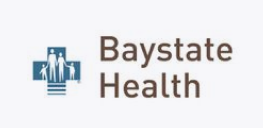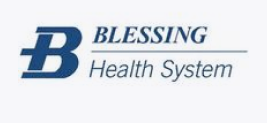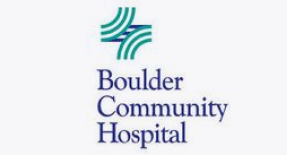April 30, 2022
The Coordinated Patient Care Process for Specialty Pharmacies

In recent years, specialty pharmacies began adopting a more comprehensive approach to patient care because of the challenges with the traditional care model. Specialty pharmacies have devoted most of their business to provide coordinated care. These pharmacies typically offer reimbursement assistance, patient care coordination, pharmacist involvement in the initiation of therapy, and ongoing monitoring of the patient.
In the coordinated patient care process, pharmacists often provide standardized case management and patient education programs. Patient care technicians are utilized to follow up with patients about their therapy and to process refill reminders. When required, the patient care coordinator will refer patients to the pharmacist to address medication management issues or questions they have about their therapy.
Often in this process, pharmacists do not have access to a common patient electronic medical record (EMR). Therefore, they must rely on patient-reported information. In this care process, physicians are typically not made aware when the patient abandons therapy and usually receive no measurement of patient adherence from the pharmacy. However, patient adherence is usually better than the standard care process due to the scheduled follow-up calls from the patient care coordinator. Nonetheless, problems with initiation of therapy, inability to adequately monitor therapy, and abandonment are the foremost issues experienced with this process.











